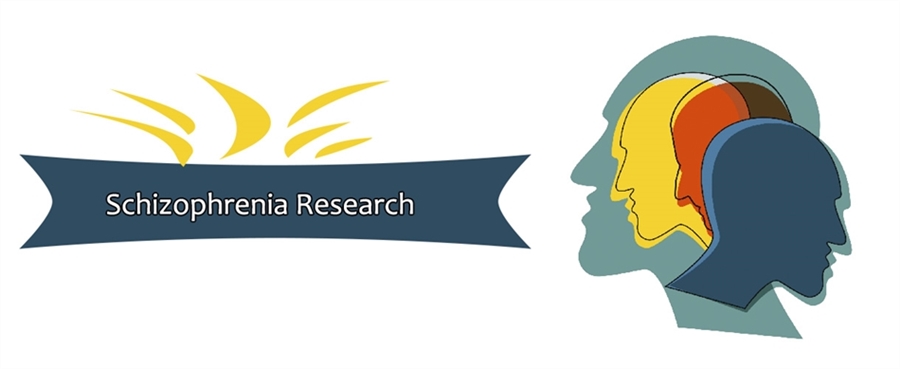
This web page is a portal to information about first episode psychosis (FEP) and its treatment. Additional pages that can be reached from this page include:
First Episode Psychosis (FEP) refers to the illness phase characterized by the initial experience of fully developed psychotic symptoms. The period from the onset of frank psychosis to the start of treatment varies considerably in individuals with FEP, with averages ranging from nine months to as long as two years, depending on the study. Longer delays in receiving treatment are associated with less recovery, a higher relapse rate, and an overall poorer outcome. Recent efforts to reduce relapse, prevent deterioration, and improve the trajectory and course of the illness have therefore focused on this critical time point. Reductions in suicidality, cognitive decline, and positive and negative symptom severity, along with improvements in social functioning, have been achieved through the early implementation of services. Interventions such as low doses of antipsychotic medications, cognitive and behavioral psychotherapy, family education and support, cognitive remediation, and supported employment have proven to be particularly beneficial during this initial phase of illness.
In 2009, these individual interventions (with the exception of cognitive remediation) were combined and tested for their effectiveness in two NIMH-funded demonstration projects (under the initiative called Recovery After an Initial Schizophrenia Episode, or RAISE. RAISE uses a Coordinated Specialty Care (CSC) team-based, multi-element approach that has demonstrated success in international programs. The model combines evidenced-based treatments with shared decision-making, assertive outreach, and flexible strategies for maintaining patient and family engagement.
Early results from the RAISE projects in the United States suggest favorable outcomes. For example, the OnTrack NY implementation of the RAISE model was associated with greater engagement in services, improvements in occupational and social functioning, and a reduction in symptom severity. Results from the NAVIGATE implementation, a multisite, randomized controlled trial of CSC that spanned 34 community clinics, were also positive: after two years, participants in the CSC condition had remained in treatment longer, had greater improvements in quality of life, more participation in work and school, and greater decline in symptoms than did recipients of typical community care. These effects were more apparent for those with shorter duration of untreated psychosis (<74 weeks), suggesting the importance of implementing services early in the course of illness in order to maximize outcomes. An important factor in maintaining patient engagement, according to patient reports, is availability of supported education and employment services. These early findings, in addition to support from prior international research on early intervention in psychosis, led the United States Substance Abuse and Mental Health Services Administration (SAMHSA) to mandate that, as of 2014, a significant portion of every state’s mental health block must be used to establish enhanced services (following the RAISE model or something similar) for people with first episode psychosis.